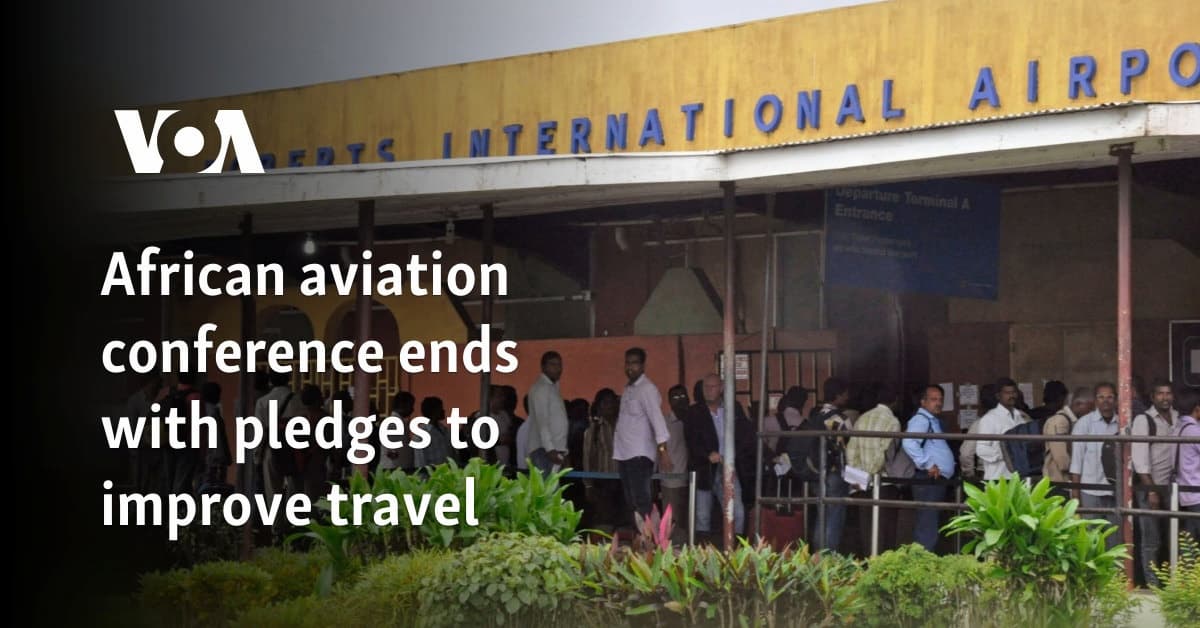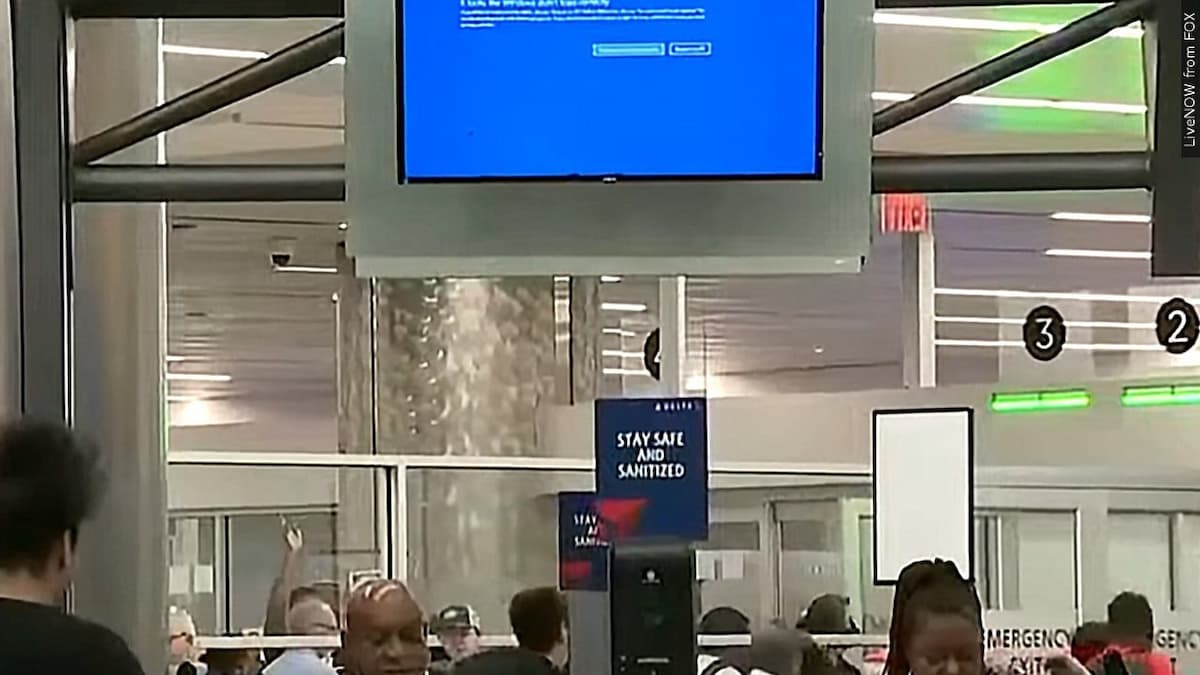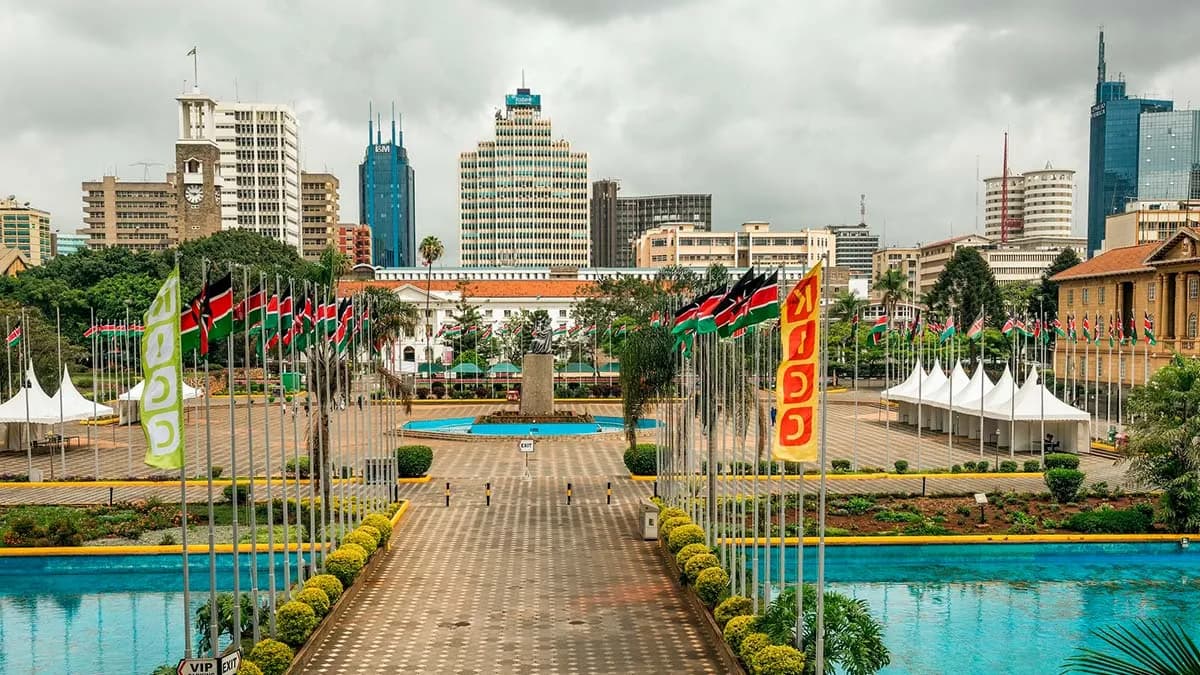The attractive investment prospects offered by Zambia’s burgeoning tourism industry have been brought to the fore at the 67th meeting of the UN Tourism Regional Commission for Africa in Livingstone.
Taking place from July 22 to 24, the meeting saw the launch of a new set of investment guidelines for the southern African country. The “Tourism Doing Business – Investing in Zambia” guidelines highlighted five key competitive advantages offered by the country, including rich natural resources and wildlife, cultural diversity and peace, a strategic location in the heart of Africa, a conducive business environment, and attractive business incentives.
“Investment in Zambia is an increasingly attractive prospect for individuals, businesses and governments seeking opportunities. With its abundant natural resources, favourable business environment and commitment to economic diversification, Zambia offers a range of investment possibilities across various sectors,” said Zambia’s Minister of Tourism Rodney Sikumba.
The guidelines were compiled through a collaboration between UN Tourism, Zambia’s Ministry of Tourism, the Zambia Tourism Agency and the Zambia Development Agency.
Attractive business environment and incentives
In the World Bank’s 2019 Ease of Doing Business report (now discontinued), Zambia was ranked the eighth-easiest African country to do business in and first for ease of obtaining credit. Investment attractiveness is further strengthened through the country’s 16 investment promotion and protection agreements, which particularly emphasise investments in the tourism sector.
“The country has developed a robust set of frameworks and initiatives, which include tax relaxation measures, incentives and favourable policy schemes, creating a conducive environment for investors.
These efforts have facilitated foreign direct investments (FDIs) and positioned Zambia as an interesting destination where tourism can flourish and thrive,” said Elcia Grandcourt, UN Tourism Regional Director for Africa.
Between 2018 and 2023, greenfield FDI announcements in the tourism sector totalled US$239.4 million. The investment has poured into the development of new hotels and resorts in Lusaka and tourist hubs such as Livingstone; national parks such as Luangwa and Kafue; adventure tourism offerings such as white-water rafting and bungee jumping; and cultural attractions including museums, cultural centres and cuisine.
The country now features global hotel brands such as Radisson, Anantara, Intercontinental, Sarovar, Marriot, Hilton, Protea, Tsogo Sun and Holiday Inn, amongst others.
“This influx of reputable hotel chains underscores Zambia’s emergence as a premier destination on the international tourism map, offering visitors unparalleled luxury and comfort amidst its breathtaking natural landscapes,” said Sikumba.
The investment guidelines showcase 10 tourism investment opportunities, including lodges and hotels, a golf course, a convention centre and a football stadium. The opportunities are situated in Lusaka, Kasaba Bay, Livingstone, Kafue National Park and South Luangwa National Park.
Strategic positioning for cross-border trade and tourism
Sharing a border with nine countries, Zambia offers access to a range of regional markets including the Common Market for East and Southern Africa, the Southern African Development Community and the wider African Continental Free Trade Area. From a tourism perspective, the location serves as a central hub for multi-destination travel experiences.
In 2022 and 2023, the country improved its destination attractiveness by expanding its visa waiver list to over 100 countries. Advancements in the formalisation of a KAZA Univisa – which will allow single-visa access to the five countries sharing the Kavango Zambezi Transfrontier Conservation Area (the others being Angola, Botswana, Namibia and Zimbabwe) – are also bolstering the country’s tourism proposition.
Vision to be amongst top five destinations
Building upon the positive trajectory observed in recent years, the country’s economic outlook continues to show promise with projected growth rates of 4.7% in 2024 and 4.8% in 2025, according to national government estimates.
Zambian President Hakainde Hichilema stressed that government had placed tourism at the heart of economic policies, through strategic documents and programmes such as the 2018-2038 Tourism Master Plan, the eighth National Development Plan and the new investment guidelines.
“The vision for the tourism sector is to ensure that Zambia ranks among the most visited holiday destinations in Africa and is a regional conference hub with a high quality, diversified and sustainable tourism industry that is a major contributor to economic and social well-being,” said Hichilema, stating the aim is to be among the top five tourist destinations of choice in the sub-Saharan Africa by 2030.
The country welcomed a record 1.39 million international visitors in 2023, exceeding the 2019 figure of 1.26m.
Infrastructure development is set to be further enhanced through the $100m set aside for the Green, Resilient and Transformational Tourism Development Project in Zambia’s 2024 National Budget. The money has been allocated for the development of tourism infrastructure at Kasaba Bay, Liuwa National Park and the source of the Zambezi River, and the improvement of air and road connectivity to the south-west tourism circuit of Liuwa, SiomaNgwezi, Livingstone and Kafue National Parks. An additional $30m has been earmarked for the development of other infrastructure, marketing, wildlife management and development of new tourism projects.
The investment guidelines highlight that in addition to the centrepiece Mosi-oa-Tunya/Victoria Falls – a UNESCO World Heritage Site – the country boasts 21 national parks and 36 game management areas, playing host to the Big Five and over 1 800 other mammal species. In total, protected areas span 22.4m hectares, representing 30% of the country’s total land mass.
The country is culturally rich, featuring over 70 different tribes, which the investment guidelines state “offers significant potential to introduce innovative products and services that resonate with and benefit local communities while appealing to wider audiences”.
Source:Tourism Update.










